Infopeople Project, California
Whether you are a parent, grandparent or teacher, if you were reading what everyone was reading in the mid-to-late 20th century, then you no doubt became acquainted with dystopian fiction through many now-classic books. Did you read Nobelist William Golding's Lord of the Flies? How about Ray Bradbury's Fahrenheit 451? And had you already read Anthony Burgess' Clockwork Orange before Stanely Kubrick made the movie? Or did the movie lead you to the book?
The opposite of utopian fiction, which features a perfect world or society, dystopias are noted for possessing these qualities and themes:
• An imaginary future world or society
• Tightly controlled inhabitants
• Conformity as good and individuality as bad
• Lack of awareness by most that their circumstances are not utopian
• A main character who is frustrated by the controls and acts in spite of them
• Treats the author's perception of a problem in the current real world through its exaggeration in the story's universe
Until recently, dystopian fiction was created by authors writing for adults, an audience that brings not only awareness of social values but also their own deeply-held beliefs about those values to the book. The titles listed above appear on secondary school reading lists but weren't crafted with teen readers in mind. In this decade, however, we are seeing some fresh new novels that offer teens dystopian reading intended for their open–and opening–perceptions of the world and its problems.
Why would kids want to read about a hero or heroine pitching his or her own individual efforts against a totalitarian society? Won't that turn the readers into rebels in our own imperfect–but hardly dystopian–society? Are these books luring unsuspecting kids into a negative mindset about what we as parents, grandparents and other responsible, mature adults find good about our society?
Worries like these overlook some very important truths about teen readers, even ones as young as 12 or 14. Jaymee, a 13-year-old eighth grader, reveals a lot about herself and her fellow middle schoolers when she says:
"I think dystopian books can help kids because the themes and lessons they have can help people with problems they have or might have and can give answers about what they want to talk about. One of those answers for me is 'never go crazy over power, ' which I learned from [Frank Beddor's] The Looking Glass Wars. Power is like a scar, and it can ruin your life. Themes like this help me in my own life."
The series Jaymee names is a well-crafted and clever take on Lewis Carroll's Alice in Wonderland and Alice through the Looking Glass fantasies, which were decidedly neither utopian nor dystopian. In Beddor's hands, the power struggles Carroll's Alice had with the Red Queen are magnified. Even the power the author, Lewis Carroll, had as an adult over his character model and original audience, Alice Lydell, are made explicit. But the magic of the story and the art of storytelling aren't compromised.
Source: www.readkiddoread.com
You might also like:
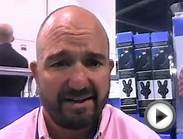
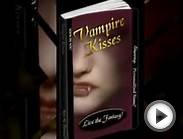

Related posts:

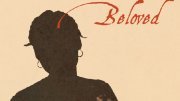

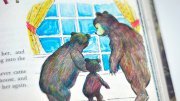
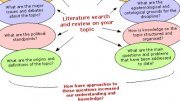
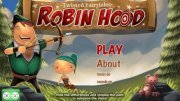
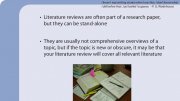
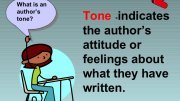

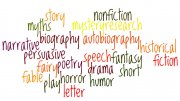
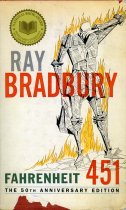














You might try reading Wolff by Virginia Euwer. LaVaughn's expectations of her life change as she learns about people she loves.